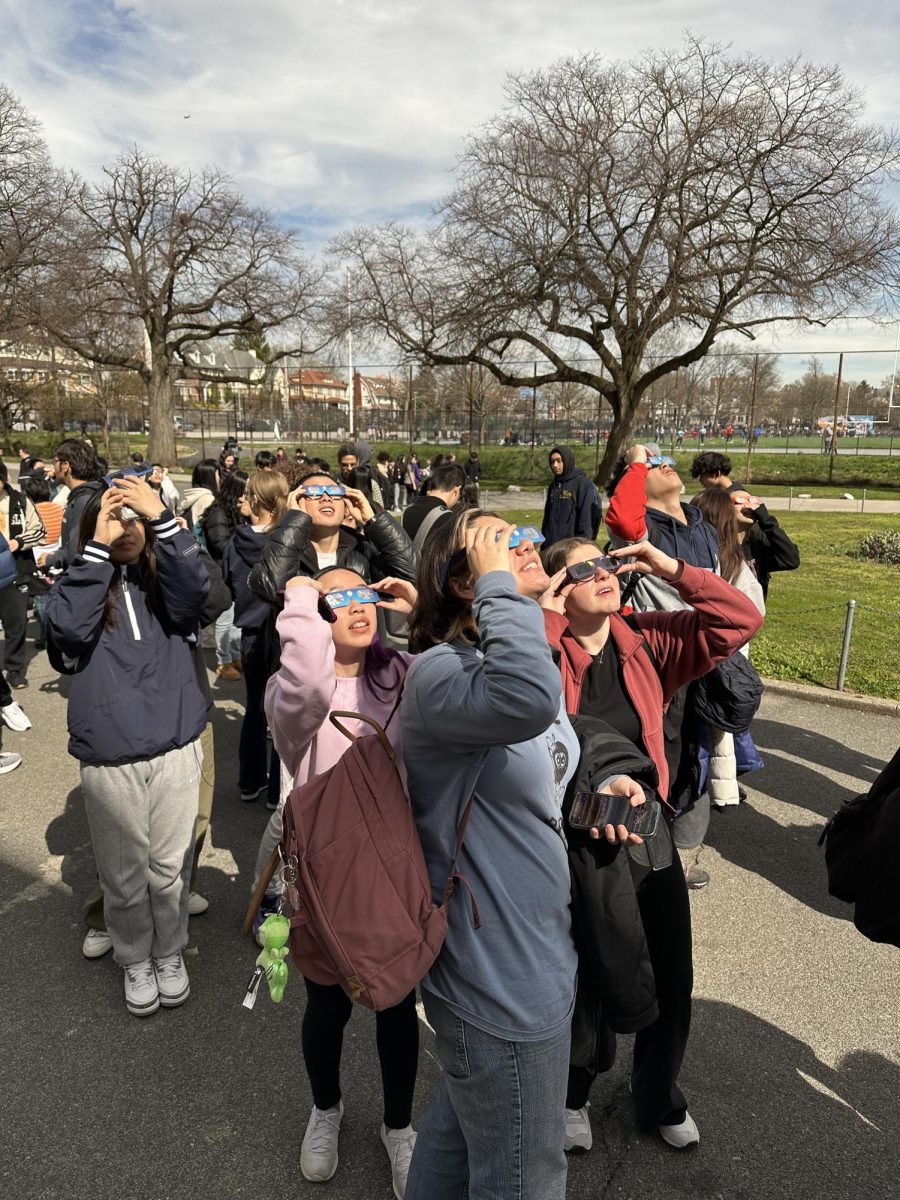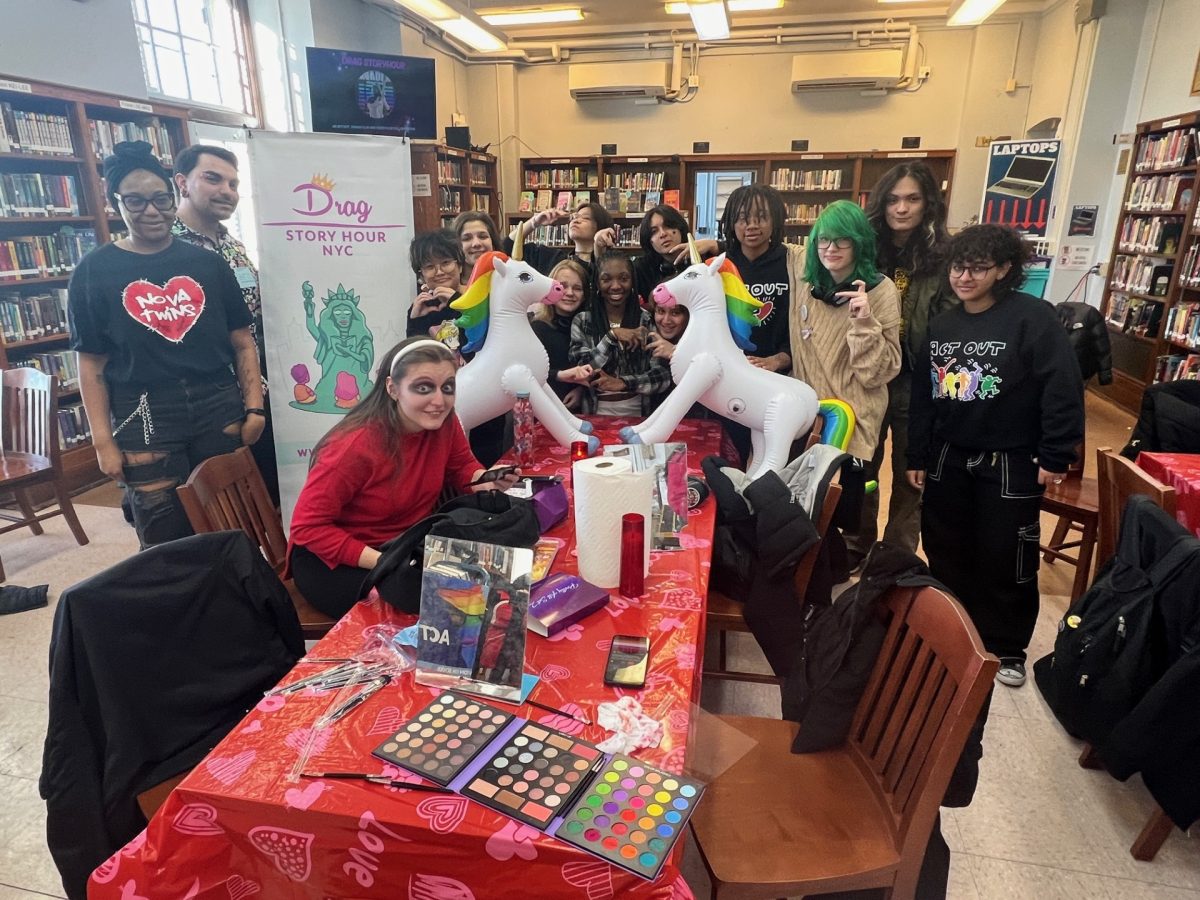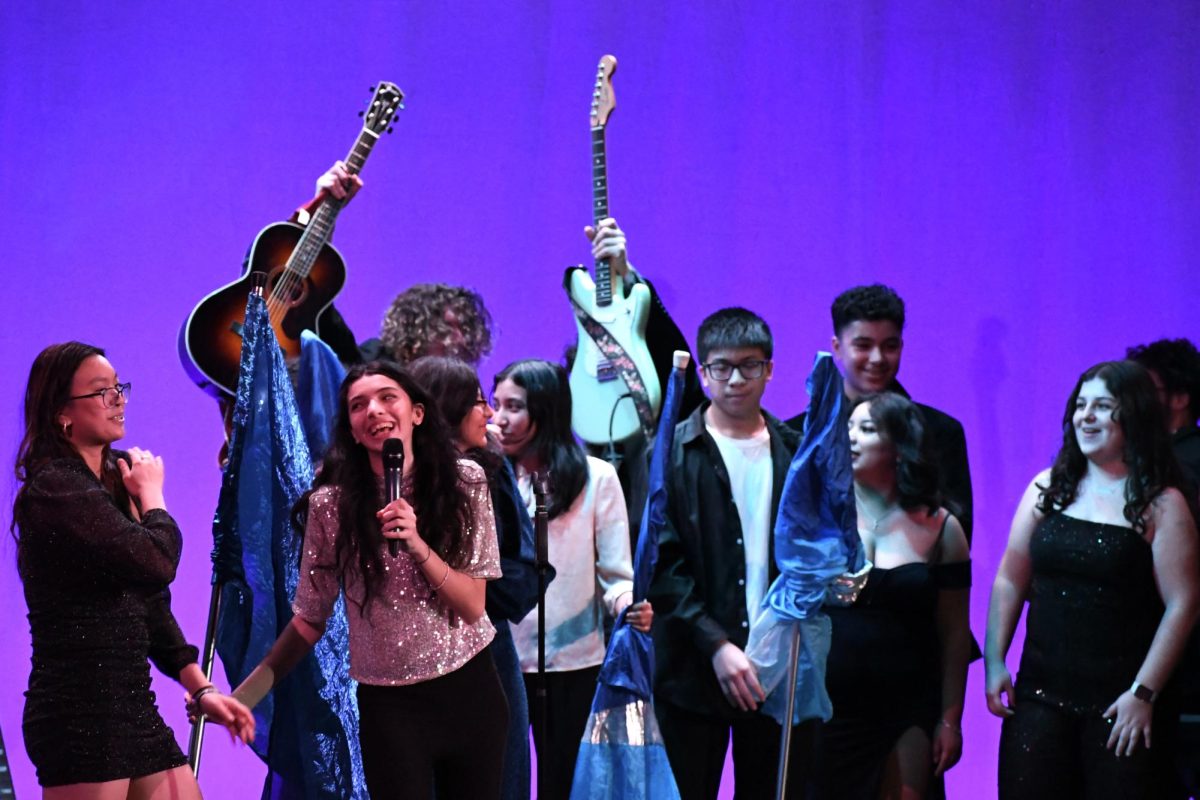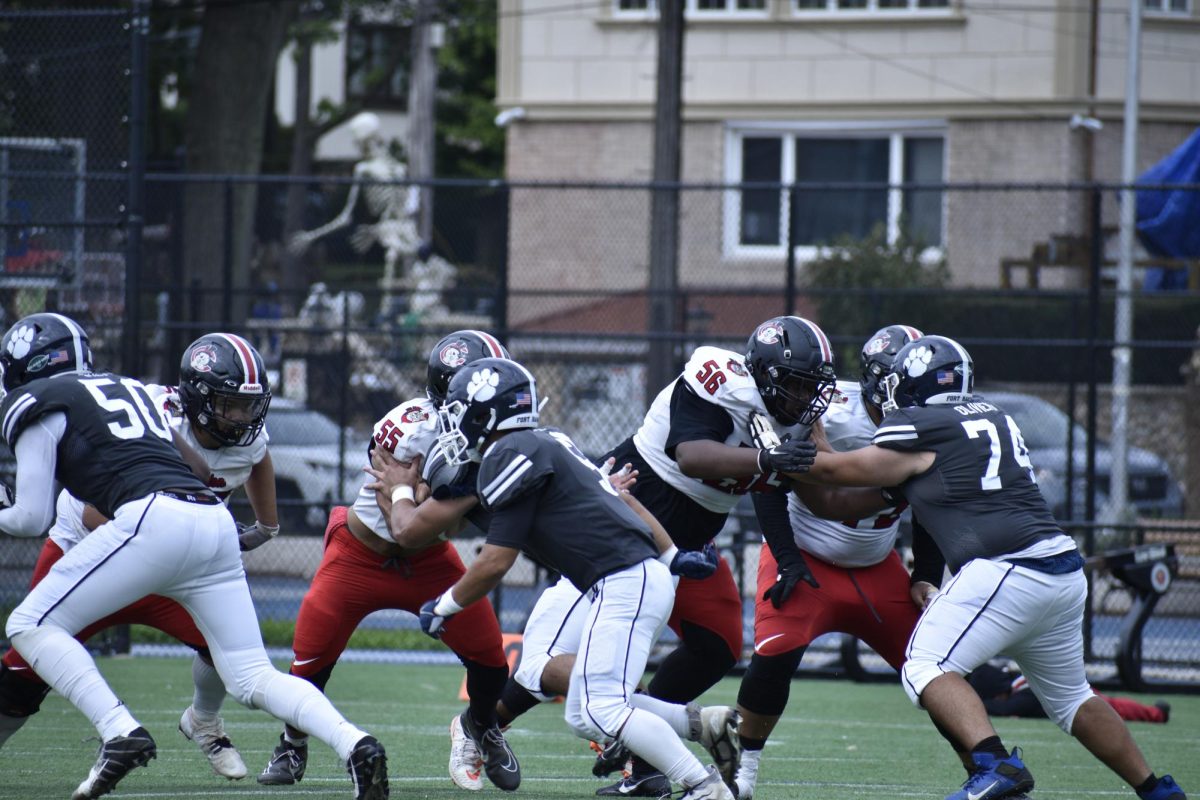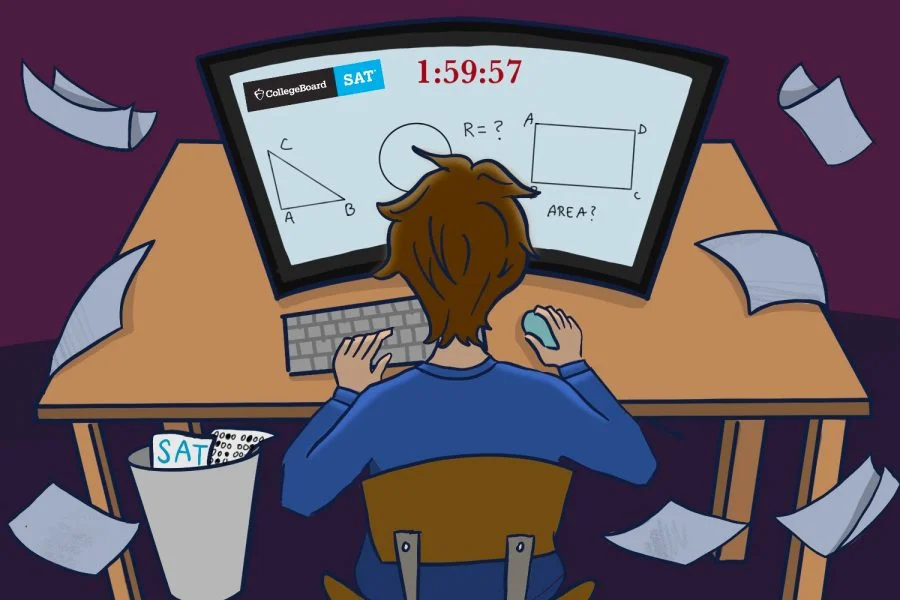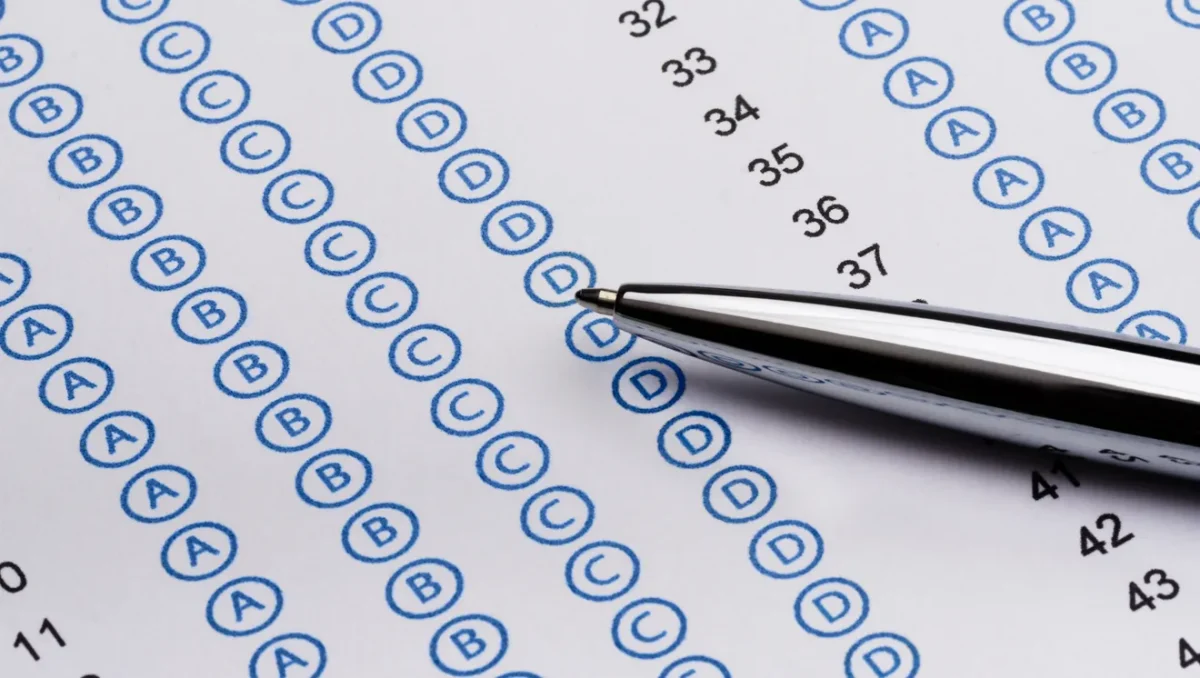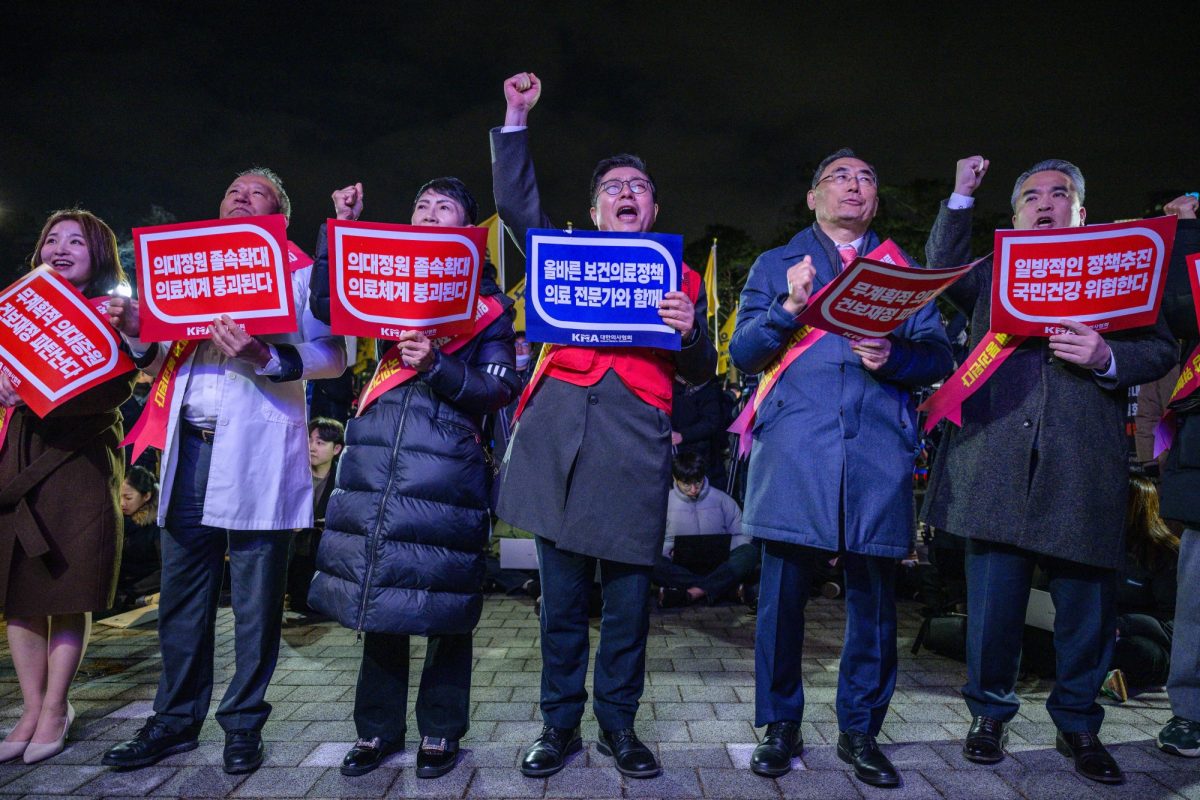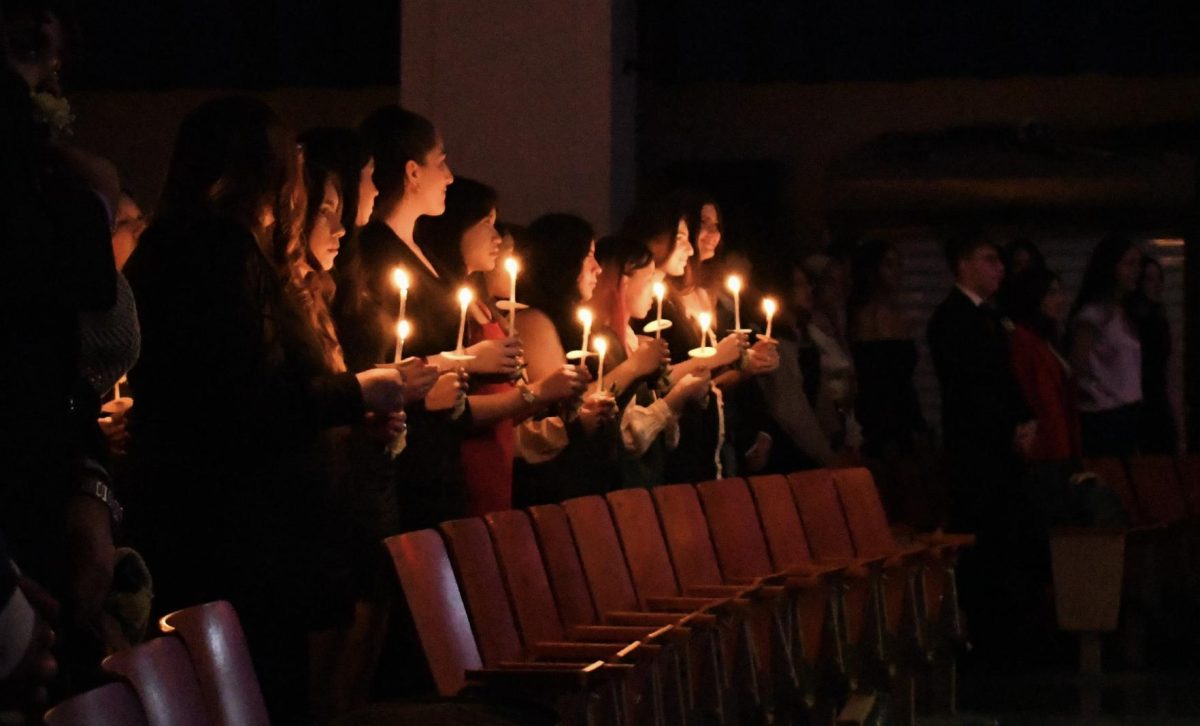On January 2, 2024, South Korean liberal opposition leader, Lee Jaemyung, was stabbed in the neck by a then-unknown attacker. Current president of South Korea and reactionary politician, Yoon Suk-Yeol, voiced concerns over his well being, many of Lee’s supporters gathered around his ambulance to shout their regards.
A little over a week later, on January 10, officials discovered the manifesto of the attacker, which outlined a goal to prevent Lee and his Democratic Party from winning another election. The attacker was specifically trying to harm Lee and his political allies, according to Busan police chief Woo Cheol-moon.
While some may be surprised by this attack, many others feel that this is merely a sign of increased political polarization and reactionary politics in South Korea. Although a poll conducted by the South Korean newspaper Hankyoreh revealed that almost half of all South Korean moderates indicated their willingness to support the opposition party in the next election, other outlets continue to note that those who identify as conservative or reactionary continue to move further to the right. As a recent study from the Korea Economic Institute of America indicates, right-wingers within Korea have been shown to display a “gradual widening of differences on important substantive issues” when compared to liberals.
This rise in reactionary beliefs can be traced back to the election of Yoon Sukyeol, which brought about a rise in similar policies. Upon entering office, Yoon attempted to abolish the Ministry for Gender Equality, in a move many referred to as immensely harmful.
“If this ministry disappears, what we have built could collapse,” said one anonymous South Korean woman who had called out sexism in her workplace. Yoon has continued to intensify the tensions between North and South Korea, which has led North Korea to abandon reunification efforts and sever economic ties with the South.
The latter is particularly relevant, with Korean-American advocacy group, Nodutdol, noting in an interview that many South Koreans feel that, “What we’re seeing under the Yoon Suk Yeol government is a fascistic strategy aimed at entrenching military aggression against North Korea. This also means that Yoon has gone above and beyond to cozy up to the United States and Japan.”
They added, “The working masses of South Korea are among the primary targets of Yoon’s right-wing strategies…Yoon is attempting to offset the growing frustrations of ordinary people by insisting that all criticisms of his administration and of South Korea’s growing inequality are communist conspiracies engineered by the north—in South Korea, anticommunism and labor suppression go hand in hand.”
One example Nodutdol pointed to was the recent targeting of South Korean union leaders and organizations, which have the potential to prevent people, such as the individual who attempted to assassinate Lee Jaemyung, from falling prey to reactionary beliefs. According to the Korea Herald, this anti-labor union crusade began around last year, with Yoon attempting to tie these unions in with North Korea, as well as taking a far tougher approach than his predecessors.
With regards to a solution, Nodutdol appeared to have one in mind: increasing education and international solidarity: “We’re ramping up our efforts to turn public consciousness against the US-south Korean military alliance, and against the US’s warmongering in Korea.” Likewise, they noted the importance of understanding these issues on a global scale. Currently, according to the International Institute for Democracy and Electoral Assistance, half the world’s countries are suffering democratic decline. “Korea is not the only place in the world where the imperialism-fascism nexus shows itself. Today, the US is sending weapons to Israel to kill Palestinian children, while students and workers who speak out against the genocide are doxxed and fired,” Nodutdol added.
This recent assassination attempt may seem minor, but, to many, it is merely one symptom of a larger issue—one that we cannot afford to ignore—as it is larger than just an issue in South Korea.
